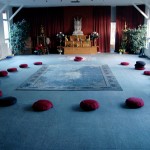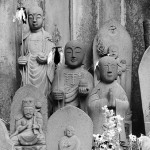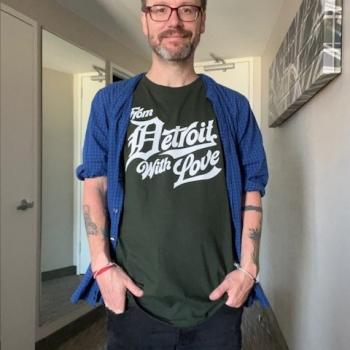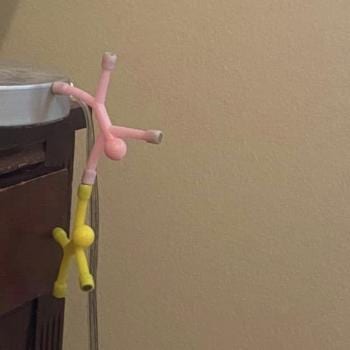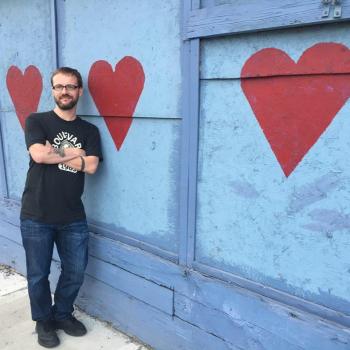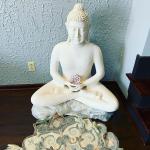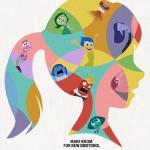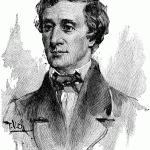“Compassion has the power to bring harshness and cruelty to an end; compassion heals our hearts even when pain cannot be fixed; compassion is the root of forgiveness, patience, and tolerance. The seed of profound and immeasurable compassion lies in each of our hearts.” -Christina Feldman
Compassion is fundamental to living an ethical and fulfilled life. The original term that we’re translating as ‘compassion’ is ‘karuna’. It’s an attitude we can cultivate in our lives. Compassion is the wish for others and ourselves to be free from suffering and the causes of suffering. That’s it. We have a habit, sometimes, of ignoring suffering. This can apply to our suffering or the suffering of another person. It’s easier to pretend suffering isn’t there. Training in compassion challenges us to stop pretending, but to turn toward the suffering instead and to see what we can do (if anything) to relieve it.
In her book “Boundless Heart” Christina Feldman says, “At the heart of compassion is the invitation to turn toward suffering. Just as the longing for love, safety, and respect is a universal longing and story, so too is pain a universal and inescapable story….In the anguished moments of loneliness, grief, and fear that can touch our lives, we are convinced that no one else has ever felt this way before. Yet there may be a moment when we find the courage to open our eyes and hearts and see that same pain mirrored in the eyes and lives of everyone around us.”
Compassion connects us with other people. It brings us together as few other things can. It’s where we get the reminder that other people are people too. As they say, ‘everyone you meet is fighting a hard battle’. I think that’s true. We are all enduring the suffering of old age, sickness, and death. We are all enduring the suffering of not getting what we want and of seeing people we care about in distress. We have this in common with everyone. No one on this planet doesn’t suffer. We can get so caught up in our stuff that we sort of forget this. We forget that other people are people. Everyone you meet had their opinions shaped by their environment, but we still get mad at them for not thinking like we do.
We’re all suffering.
By the way, something about that word, suffering. We’re talking about the word ‘dukkha’. This has been translated as suffering but I think the word might miss the mark a little. Dukkha is described as like having an oxcart with a broken wheel. In this time and place we don’t think about oxcarts very much, so for the sake of simplicity, let’s pretend it means shopping cart.
Sometimes you go to the grocery store and you get a shopping cart. You’re doing your shopping and you noticed one of the wheels is a little bit messed up. Say every few minutes it gets stuck for a second. Or it rattles. Or it makes a terrible squeaking sound. It’s bad enough to be irritating, but most of the time a cart is not so broken that we would trade it for another cart. It just makes our shopping experience a little more unpleasant.
Our life is a shopping cart. Sometimes the wheels don’t work the way we want them to. Sometimes one wheel is a bit messed up. Sometimes several wheels are. Sometimes it seems like the cart doesn’t move at all.
Are you following?
So when we say, “Life is suffering” we’re really saying, “Life is like pushing a shopping cart with one broken wheel”.
That’s how I think of it. When I think of the word suffering I think of something more severe than what I’m facing most of the time.
Dukkha is said to have several aspects and I think it’s meaningful to think about those.
They are:
1) the pain of pain
2) impermanence and change
3) the second arrow (sometimes called the second dart)
The Pain of Pain
Pain is unavoidable. We can try to numb ourselves to avoid it, but that doesn’t really work. We can’t really avoid pain. You can’t always get what you want, and there will always be things in your life that you would like to get rid of. Pretending the pain isn’t there doesn’t help us very much.
Christina Feldman says, “We learn we can turn toward, rather than away from, to include rather than to exclude, to attend rather than to ignore, and to open our hearts to the cries of our own hearts and to the cries of the world.”
Impermanence and Change
Things come into our lives and go. Sometimes we desperately want things to stay the same. But they don’t. Things come together and things fall apart. The older we get the more we get reminders that we are impermanent too. Impermanence is scary, but it’s also what’s behind positive changes. Because of impermanence things can get better. Change can bring us hope instead of sorrow.
The Second Arrow
Sometimes we get into our own suffering and we actually make it worse. We can call that “the second arrow.” There’s a story the Buddha told of a man who was hit by an arrow. After he was hit people came to help take care of him and get the arrow out. But he wouldn’t let them. He was obsessed and ruminating instead. He asked where the arrow came from, how it was made, who shot it, why someone would shoot it, all kinds of questions. He was in a state of mind we can all be familiar with.
He was thinking “Why is this happening to me?!” and I want to suggest that we can think something else instead. We can think “Right now it’s like this. What can I do?” and that will be a much more helpful way of thinking. Because too often we get so caught up in what’s happening that we’re making our own pain worse than it is.
So, those are the aspects of dukkha. All of these are experienced by everyone. And the way out is acceptance. And I have to say, the first two aspects are inevitable. There is pain in life and things are impermanent. There’s nothing we can do to completely get rid of those. But that third one is a different story. We have some control of that second arrow.
I’ll tell you a quick story.
This one time I noticed my tire had a slow leak. It was slowly getting flatter and flatter.
Now, this made me immediately start to worry and panic. I was on my way to a store called Discount Tire. While I was on the way I got that second arrow. The first arrow was that tire getting flat. The second arrow was the stories I started telling myself. I started thinking I’d have to get a new tire and that would be expensive. And I wondered if the store would even have the tire I needed or if they’d have to order it. And I wondered if this would take a long time and I’d miss a lot of work. All that story was really stressing me out.
And then I got there and within half an hour they had patched my tire and sent me on my way. So, I was telling myself all these things that would happen and I was really making things worse for myself. I made myself more upset than I needed to be. And that is the second arrow. It would have been much better for me if I had just thought, “Right now it’s like this. What can I do?”
I could make the case that I was not being compassionate to myself by letting myself exacerbate my suffering. But, more importantly, I think it helps to remind ourselves that everyone suffers from these aspects of dukkha. We are all suffering. In some ways our suffering is in our control and in others it is not. And this is the case for every person.
But we also do have the power to decide how we’re going to respond to it.
We can be with our pain and try to accept it. We can be with impermanence and try to accept it. And we can learn to avoid the second arrow. That’s a big part of self compassion, I think. I like being able to pause and take a moment to just ask myself if I’m telling stories.
And showing people some grace because we know they’ve struggled with these things is a good thing to do. Sometimes we may be tempted to think we don’t deserve compassion, or others don’t.
Be kind because everyone is fighting a hard battle.


